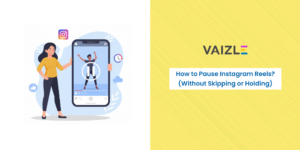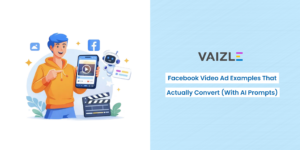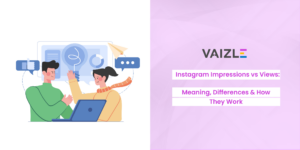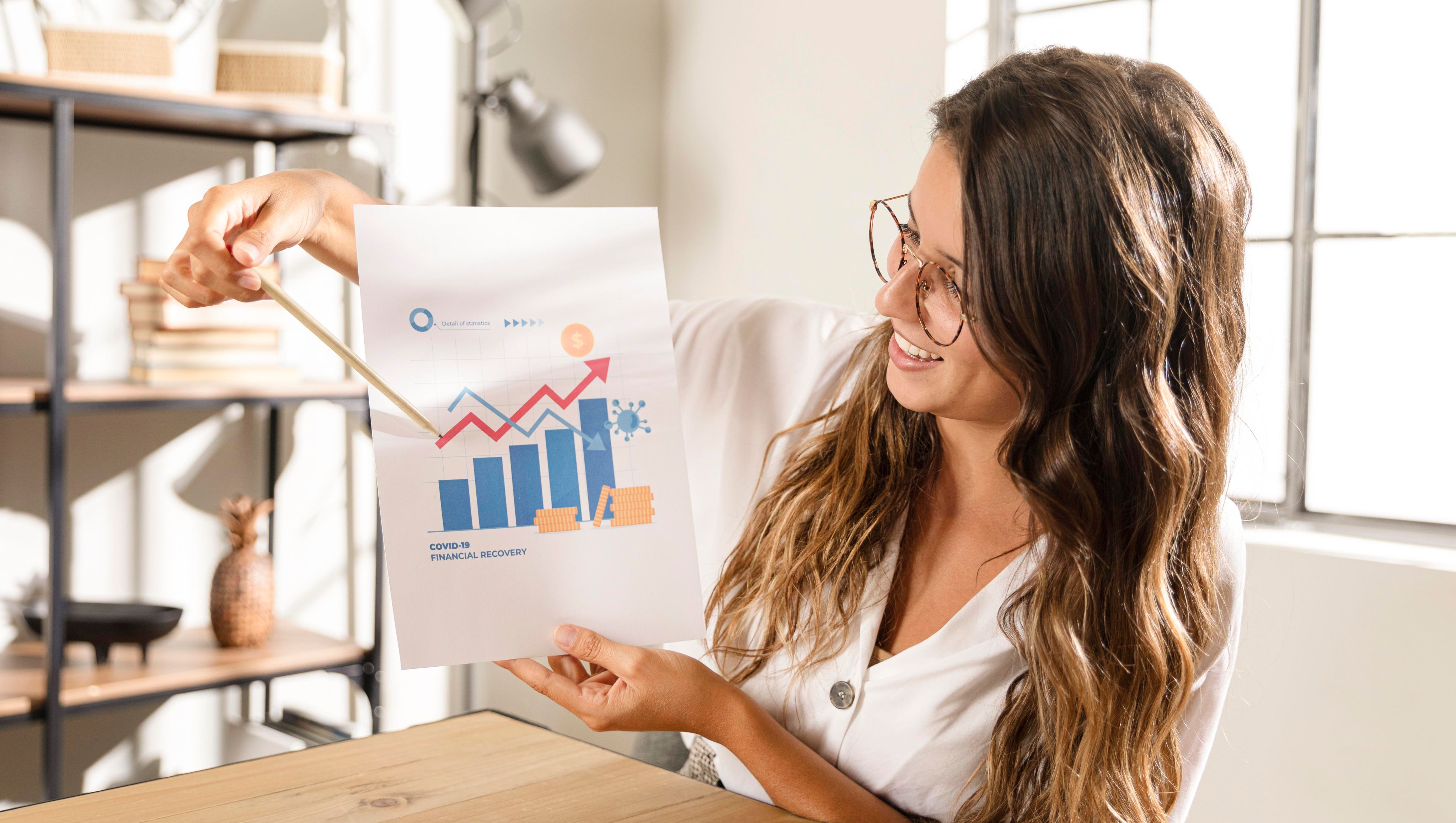Your ChatGPT Confessions Aren’t Private And That Could Be a Legal Problem
A new court order and a warning from OpenAI’s CEO make one thing clear: your AI chats can be used as evidence.
In July 2025, OpenAI CEO Sam Altman made a stark admission. Conversations with ChatGPT are not legally protected and yes, they can be used against you in court. Just weeks earlier, a U.S. federal judge ordered OpenAI to retain all user chat logs indefinitely, including deleted ones, as part of an ongoing copyright lawsuit filed by The New York Times.
Together, these developments highlight a growing concern for anyone using generative AI: what you type into ChatGPT isn’t just between you and a chatbot. In certain situations, it could become evidence.
What did Sam Altman actually say?
In a podcast interview with comedian Theo Von, Altman addressed a growing trend: people using ChatGPT like a therapist, legal advisor, or emotional outlet.
His response?
“If someone treats ChatGPT like a therapist, there’s no legal shield protecting that chat. And that’s very screwed up.”
In simple terms: while it may feel like you’re having a private conversation, the law doesn’t treat it that way. Unlike a chat with your lawyer or doctor, AI conversations aren’t protected by confidentiality rules.
Are your deleted chats erased from OpenAI servers?
No, your deleted chats aren’t erased from OpenAI servers. Anything you’ve ever asked is indefinitely stored.
This issue became even more urgent after a federal judge ordered OpenAI to save all chat records—including ones users deleted—from nearly every account type.
The ruling came during the New York Times vs. OpenAI copyright lawsuit. The court wants to make sure OpenAI doesn’t lose any potentially relevant evidence. But for users, this means that even if you delete a chat, it could still exist on OpenAI’s servers—and be turned over if requested in a legal case.
Enterprise and Education users may have more control over data retention, but even those protections aren’t absolute under court orders.
What could this mean for you?
Most people don’t expect their ChatGPT chats to be used against them. But here’s what’s at risk:
- Personal chats: Sharing health concerns, relationship problems, or emotional struggles with ChatGPT might feel safe—but it’s not private under the law.
- Work or business information: Discussing client issues, internal strategy, or financial data in ChatGPT could expose sensitive information during audits or legal disputes.
- Professional use: In recent cases, lawyers who relied on ChatGPT for legal research ended up submitting fake case citations and were sanctioned by courts.
If professionals are being penalized for trusting AI, everyday users should also be cautious.
Why are ChatGPT conversations not legally private?
It all comes down to legal privilege—the rules that protect what you say to certain professionals. For example, conversations with your lawyer or therapist are private and can’t be forced into the courtroom.
ChatGPT, on the other hand, is a product. Not a person. Not a licensed professional. That means there’s no legal barrier to stop a court from demanding your chats as evidence.
And since OpenAI collects data to improve its models (unless you opt out), your conversations are stored—sometimes even long after you think they’ve been deleted.
How you can protect yourself?
This doesn’t mean you need to stop using ChatGPT altogether. But it does mean you should treat your chats more carefully—especially when discussing anything sensitive.
Here’s how:
- Think before you type: Avoid entering personal, financial, or legal details.
- Keep things general: Use broad, anonymous examples when asking questions.
- Disable chat history: You can limit data collection in settings, though it may not protect against court subpoenas.
- Double-check results: Never copy-paste AI responses into legal or medical documents without expert review.
As a rule of thumb: if you wouldn’t post it on a public forum, don’t put it into an AI chatbot.
Are lawmakers paying attention?
Some are. But as of now, there’s no legal framework protecting what you say to an AI. It’s not a matter of if this becomes a bigger issue—it’s when.
Until laws catch up, the safest approach is simple:
Treat your AI chats like they could show up in a courtroom.
Get the latest marketing news and trends
Delivered straight to your inbox.
Thank you for subscribing!
Stay tuned for the latest updates.
Google Labs has introduced Photoshoot, a new feature inside its experimental AI...
If you’ve been running Meta ads for any length of time, you...
If you’ve been on Tech Twitter or browsing GitHub in the last...
OpenAI came up with two new announcements in past 24 hours, and...




